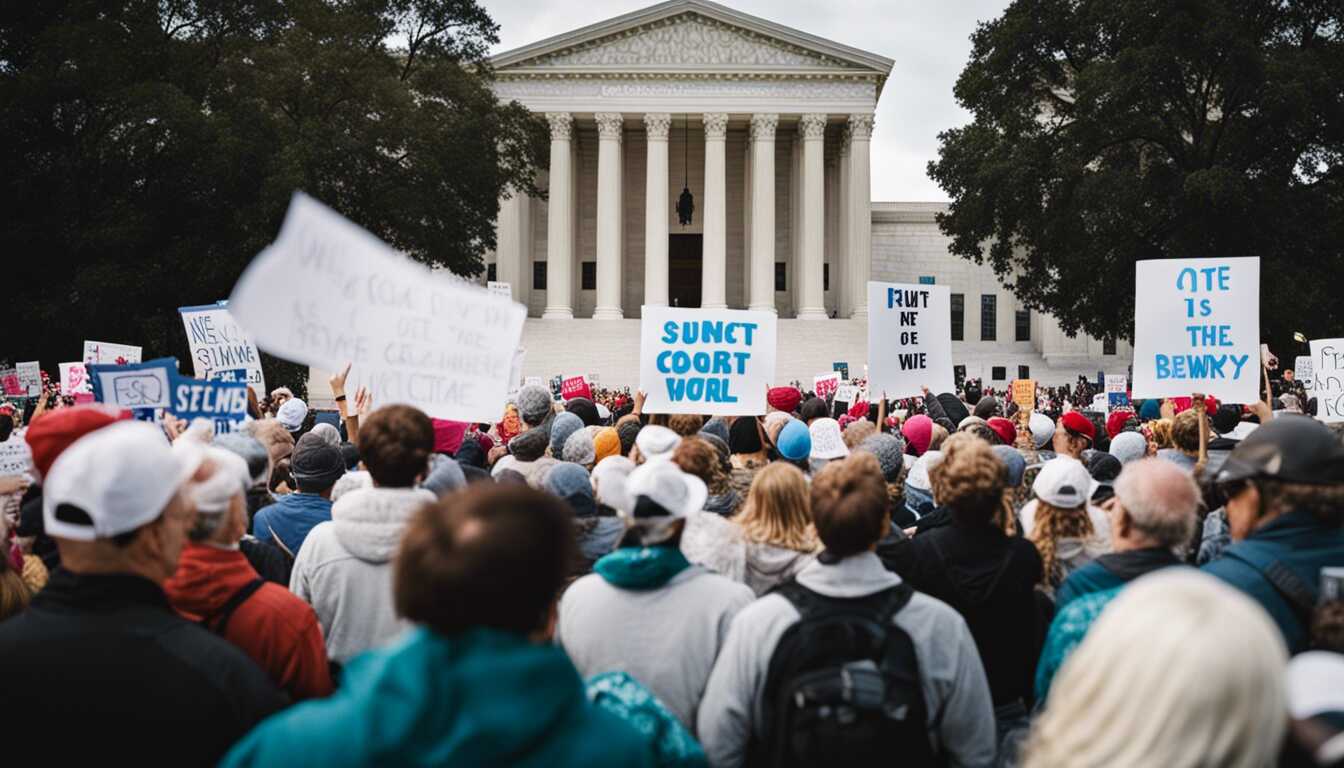
Alabama Supreme Court Ruling on Frozen Embryos Sparks Political Backlash Ahead of November Election

The Alabama Supreme Court's recent ruling granting legal personhood to frozen embryos has sent shockwaves throughout the legal and political landscape. The decision not only poses a challenge for conservatives in the upcoming November election, but also has the potential to significantly alter the national conversation surrounding abortion, fertility care, and reproductive rights.
The ruling, which criminalizes the destruction of embryos under the state’s "Wrongful Death of a Minor" law, has raised concerns about its implications on in-vitro fertilization (IVF) procedures. This decision has the potential to impact millions of Americans who rely on IVF and other forms of fertility treatment. According to the National Infertility Association, one in six Americans who struggle with infertility turn to IVF each year, highlighting the far-reaching consequences of the court's decision.
Political Ramifications for Republicans
The Alabama Supreme Court's ruling has created a complicated situation for the GOP as it aims to appeal to a diverse range of voters, including suburban women and constituencies uneasy about abortion bans. The decision threatens to alienate not only those who support abortion rights but also individuals who may oppose abortion but rely on fertility treatments like IVF. This has prompted concerns among GOP strategists who fear that pursuing restrictions on fertility treatments could lead to further backlash and political repercussions in the upcoming elections.
The ruling also sheds light on the broader implications of the Supreme Court's decision to overturn Roe v. Wade, bringing once-theoretical legal battles over reproductive rights to the forefront of American politics. The court's decision has forced Republican candidates to address questions on abortion and reproductive rights, potentially affecting their electoral prospects in the upcoming general election.
Challenges to GOP's Middle Ground Approach
The Alabama case has shifted the focus towards the goals of hardline conservatives within the GOP, who not only seek to eliminate abortion access but also aim to impose restrictions on certain forms of contraception and fertility care. This has complicated the party's efforts to present a middle ground approach on abortion, with some Republican candidates, including former President Donald Trump, advocating for a stance that balances limited abortion access with restrictions to appease anti-abortion groups.
The Alabama ruling has brought into question the viability of this middle ground approach, as it highlights the more extreme goals of conservative factions within the party. The decision has prompted significant debate within the GOP and has the potential to reshape the party's stance on abortion and reproductive rights in the run-up to the November election.
Legal and Religious Freedom Concerns
In addition to the political implications, legal experts have raised concerns about the Alabama ruling potentially violating state and federal religious freedom laws. The decision criminalizing the destruction of embryos under the state’s law has already led to one major hospital system ending all IVF services, raising questions about the impact on religious freedom and access to fertility treatments.
Moreover, the ruling has sparked legal challenges from religious groups, including Jews and Unitarians, who argue that strict abortion bans infringe on their religious rights. These groups contend that such laws blur the line between church and state and impose a specific Christian interpretation of when life begins, raising significant constitutional and religious freedom concerns.
The Ripple Effect and Future Implications
The Alabama Supreme Court's decision is expected to have ripple effects across the country, influencing legal battles and policy discussions on abortion and reproductive rights in various states. Anti-abortion groups have already referenced the ruling in legal briefs, seeking to block proposed abortion rights amendments in other states. Furthermore, the decision is likely to sway the outcome of ongoing lawsuits, as it has significant implications for individuals seeking to access fertility treatments and build their families.
As the legal and political fallout from the Alabama ruling continues to unfold, the decision's broader impact on reproductive rights, religious freedom, and the electoral landscape remains a subject of intense debate and scrutiny.
Share news















